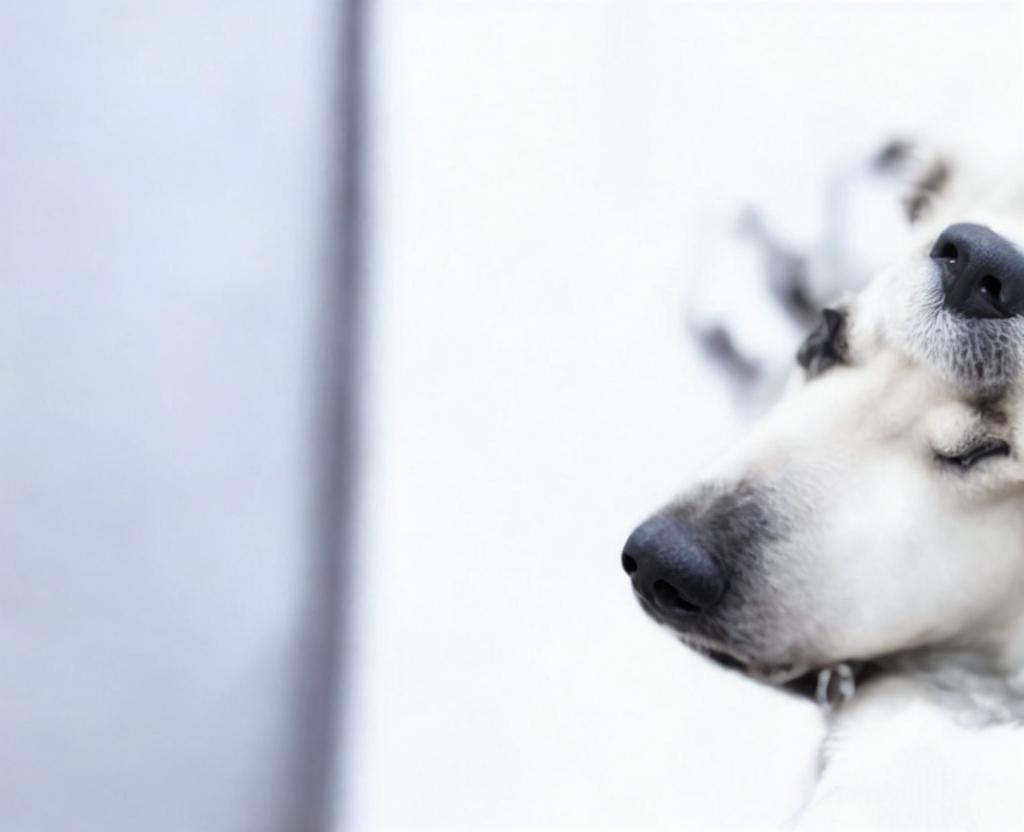
National Work Like A Dog Day
National Work Like A Dog Day, August 5th, encourages us to step forward and face every challenge we face on a daily basis. However, if you look to your dog for direction, you may be confused.
#worklikeadogday
The English language is ambiguous. Take, for example, two common idioms we use in our daily lives: "It's a dog's life" and "Work like a dog."
Dogs are able to laze around and sleep all day, according to "It's a dog's life" refers to them being able to laze around and sleep all day. Most dogs are companions. When the next vet visit is, they are concerned about the most important part of our family's life. On the other hand, "work like a dog" implies just the opposite. It means that you will be able to perform at your highest level for a long time. How can these two words refer to our canine companions when they mean contradictory things?
The phrase "work like a dog" becomes abundant when considering the training working dogs received and the value they added to farms and businesses. They carried out tasks with a purpose because of their obedience and tenacity in rooting out rodents or securing cattle.. Today, military and rescue dogs receive intensive preparation and work hard alongside their human counterparts.
Either way, work like a dog for the joys of a dog's life.
How to treat national service like a dog day.
You can either work hard or – if you'd prefer – simply posting how hard you work on Social Media. There are other ways to celebrate, as well: There are other ways to celebrate: There are other ways to celebrate.
- Watch videos of working dogs doing what they're supposed to do
- Learn more about working dogs' training
- Make a video about your normal workday
Follow @WorkLikeADogDay on social media and #CelebrateEveryDay to #CelebrateEveryDay.
Like a dog day celebrations in history, national work like a national work like a dog day work like a dog day in the United States has never been accomplished
Although the origins of "work like a dog" are unknown, it most likely refers to actual working dogs. Sheepdogs and sled dogs are two popular examples. Since breeds like these have the ability to do particular types of jobs, they derive a certain degree of joy from their jobs.





